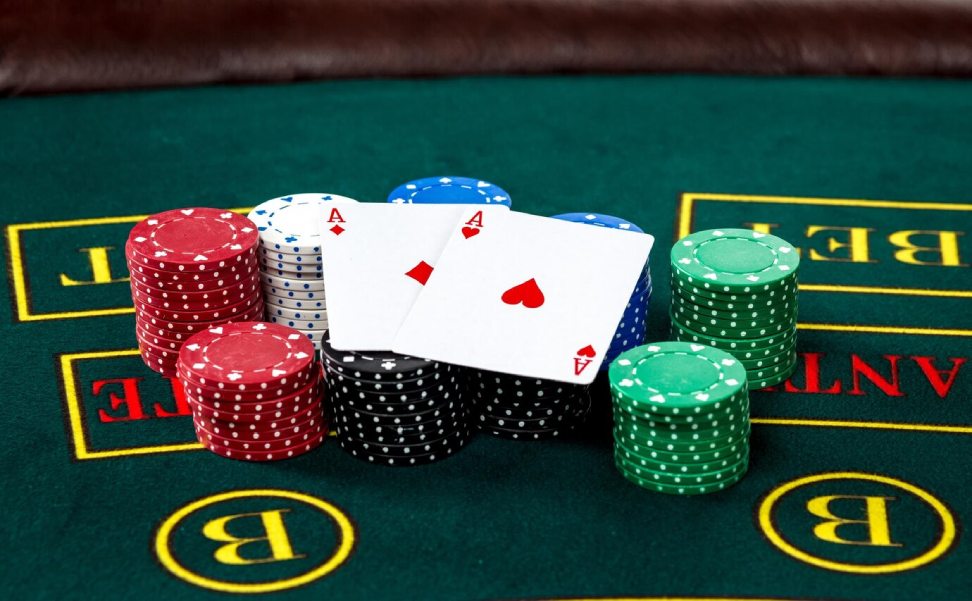The allure of slot machines is undeniable. Their flashing lights, captivating sounds, and promise of instant riches draw us in, leaving us mesmerized by the spinning reels. But what keeps us hitting that “spin” button, even when the odds are stacked against us? The answer lies in the clever psychology woven into the very fabric of these games.
The Dopamine Rush and the Power of Reward
Winning, even a small amount, triggers the release of dopamine in the brain. Dopamine is a neurotransmitter associated with pleasure and reward. This neurological response creates a positive association with https://purefoodsbasketball.com slot machines, making us crave that feeling again. Even near misses, where the symbols almost line up for a win, can activate the reward pathway to a lesser extent, keeping us engaged and hoping for the next spin.
Slot machines exploit a behavioral principle called variable ratio reinforcement. This means payouts are unpredictable, creating a sense of anticipation with every spin. We don’t know when the next win will come, but the possibility keeps us hooked, chasing that dopamine rush.
The Illusion of Control and the Gambler’s Fallacy

Many players believe they have some influence over the outcome, despite the fact that slots are purely random. This illusion of control can be fueled by features like nudges (where players can nudge reels slightly) or the ability to choose the number of paylines. This false sense of agency keeps us invested in the game, convinced that just one more spin might be the lucky one.
Furthermore, the gambler’s fallacy plays a role. This cognitive bias leads us to believe that after a long string of losses, a win is imminent. This keeps us playing longer, hoping to “correct” the randomness and even out the odds.
Sensory Overload and the Power of Design
Slot machines are a feast for the senses. Flashing lights, vibrant colors, and captivating sound effects all work together to create an immersive experience. These elements are carefully chosen to heighten excitement and keep players engaged. The bright lights and captivating sounds create a sense of urgency and excitement, encouraging us to keep playing.
The Allure of the Big Win and the Sunk Cost Fallacy

The potential for a life-changing jackpot is a powerful motivator. Slot machines often prominently display the jackpot amount, constantly reminding us of the dream of instant wealth. This fuels a desire to keep playing in the hopes of hitting it big.
The sunk cost fallacy also plays a part. We may feel that because we’ve already invested time or money into playing, we have to see it through, even if we’re losing. This can lead us to chase our losses, hoping to recoup what we’ve already spent.
Understanding the Psychology and Responsible Gambling
Being aware of the psychological factors at play in slot machines is crucial for responsible gambling. Setting limits on time and money spent playing, taking breaks, and recognizing signs of addiction are all essential for a healthy approach.
Slot machines can be a fun source of entertainment, but it’s important to understand the psychological mechanisms that keep us playing. By being mindful of these factors, we can ensure that our time with the slots remains just that – entertainment.
Also Read:-
- Is Metal Fabrication a Good Career Path for You?
- What to Do After Your Business Plan is Complete
- The Ever-Moving World of Transportation: A Look at Job Opportunities

